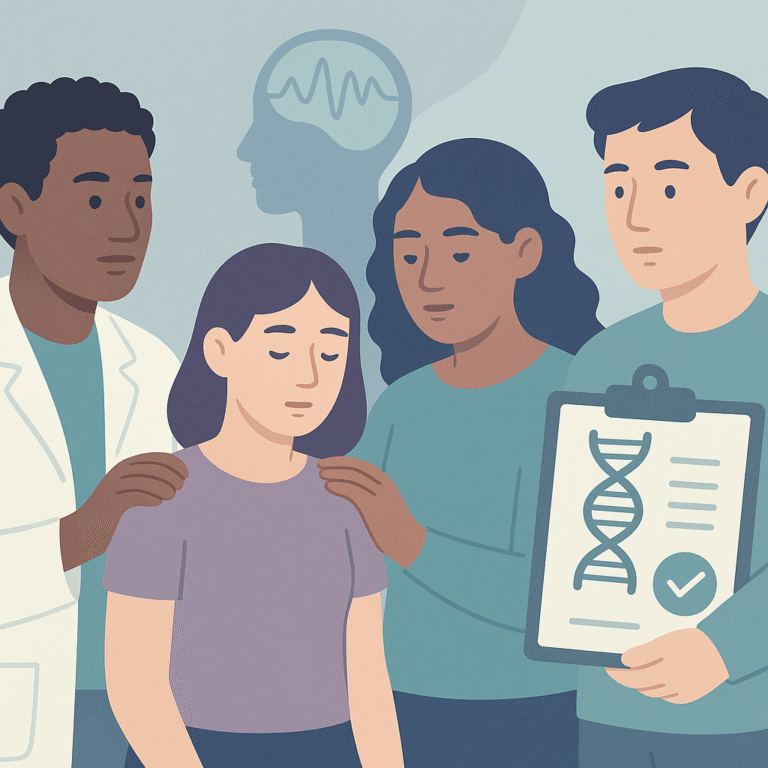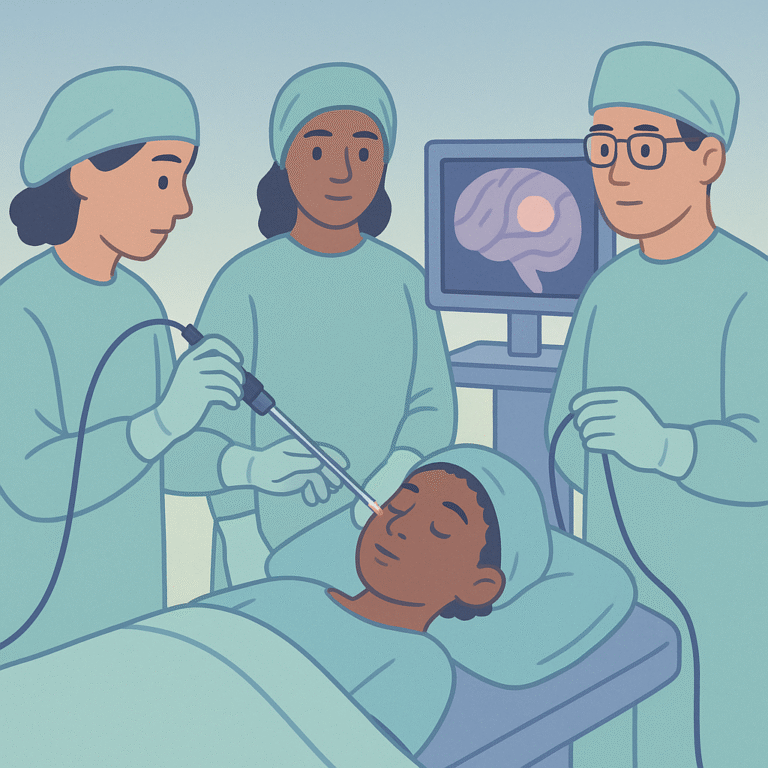New Medications Show Promise for Lennox-Gastaut Syndrome Care
Source: Journal of clinical medicine
Summary
Researchers studied the effectiveness of five newer anti-seizure medications (ASMs) in treating Lennox-Gastaut syndrome (LGS), a severe form of epilepsy that begins in childhood and is often resistant to treatment. The medications examined were perampanel, brivaracetam, cenobamate, ganaxolone, and stiripentol. The review included various studies, including randomized trials and observational studies, involving hundreds of patients with LGS.
The findings showed that perampanel had a responder rate of 26-69%, meaning that this percentage of patients experienced a reduction in seizures, particularly for certain types like generalized tonic-clonic and myoclonic seizures. Cenobamate was especially promising, with 50-85% of patients responding positively, and it helped reduce the number of other medications needed. Brivaracetam had mixed results, while ganaxolone showed some effectiveness for specific genetic forms of LGS. Stiripentol also showed potential benefits but had limited data available.
These findings are important because they highlight new treatment options for LGS, which can be very challenging to manage. While perampanel and cenobamate show the most promise, more research is needed to determine the best ways to use these medications. It's also important to note that some medications may have side effects, and not all patients will respond the same way, so careful monitoring and further studies are necessary to improve treatment strategies.
Free: Seizure First Aid Quick Guide (PDF)
Plus one plain-language weekly digest of new epilepsy research.
Unsubscribe anytime. No medical advice.





